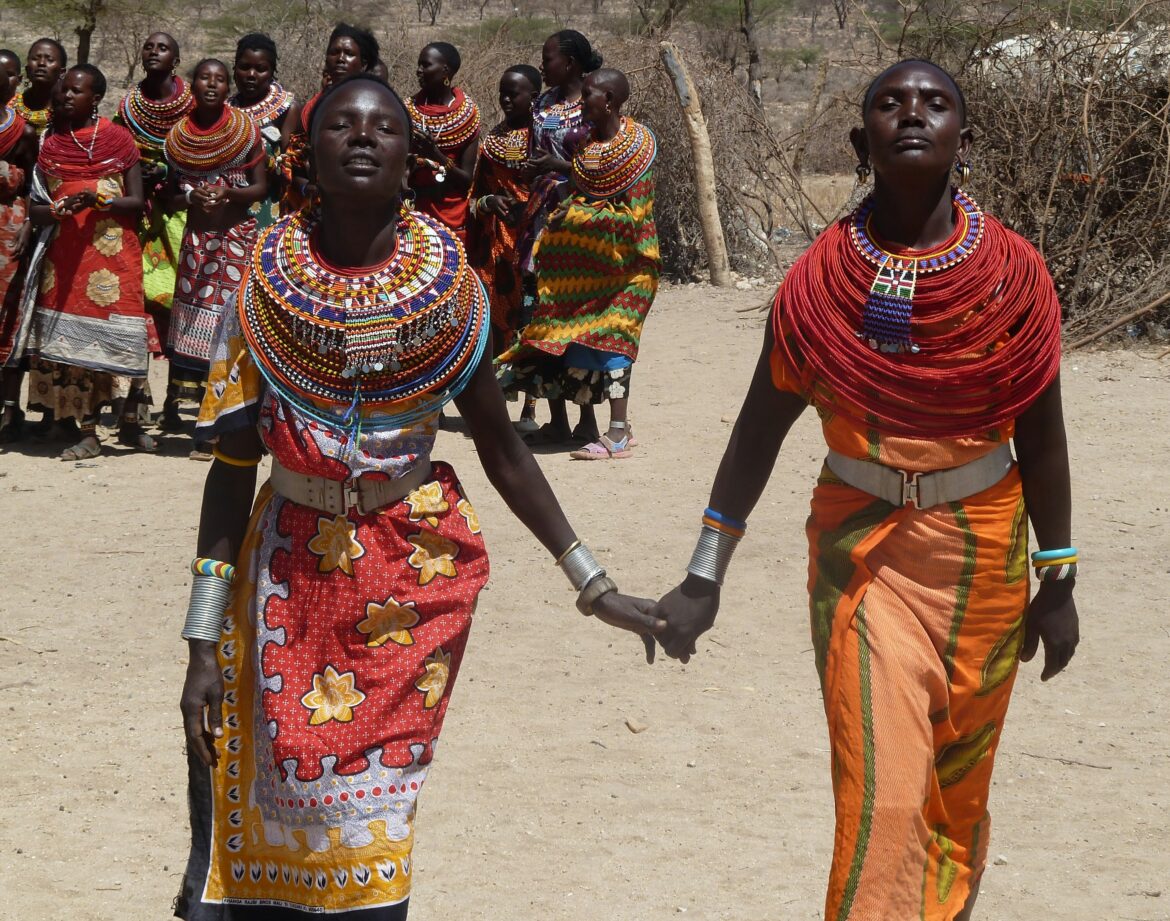The African Country Where Women Are King
In some traditional African civilizations, there is a unique phenomena where women take on leadership roles; these women are sometimes called “women kings.” Of these societies, the Kingdom of Buganda—which is located in modern-day Uganda—stands out as being particularly significant historically and culturally for having accepted female leadership in its monarchy.
The institution of female rulers, referred to as “Namasole,” holds a crucial place in Buganda’s traditional governing framework. As a respected figurehead, Namasole possesses power and sway equal to that of her male counterpart, the Kabaka, who holds the position of monarch. The uncommon cohabitation of male and female kings highlights the egalitarian values ingrained in Buganda’s socio-political structure.
Together with the Kabaka, Namasole has historically had significant influence over issues of communal affairs, land tenure, and governance. This illustrates the Buganda Kingdom’s inclusive and well-rounded approach to leadership. This cultural tradition recognizes the innate abilities and wisdom of women in positions of leadership and responsibility in addition to challenging mainstream gender standards.
Within Buganda’s monarchy, women are increasingly assuming leadership positions because to cultural traditions and customs that value and honor female leadership. Namasole is regarded as a representation of maternal leadership, power, and wisdom. She embodies the protective traits of motherhood while having firm control over her subjects.
Furthermore, the existence of female monarchs in Buganda is evidence of the flexibility and toughness of African political structures, which have traditionally accepted a range of positions of power and authority. Buganda’s traditional society embraces the complementary roles of men and women in administration, promoting a peaceful and balanced approach to leadership, as opposed to strictly adhering to patriarchal traditions.
Although Buganda is a well-known example of a community in which women occupy positions of great leadership, other African cultures and communities also exhibit this phenomenon, albeit to differing degrees. Women throughout the continent have made major contributions to the progress of women’s empowerment and gender equality in their different contexts by taking up prominent roles in community leadership, governance, and diplomacy.
In conclusion, the diversity and complexity of traditional governing systems across the continent are shown by the existence of female kings in African nations like the Kingdom of Buganda. African societies emphasize the significance of gender equity and inclusivity in forming the structure of their institutions and communities by acknowledging and celebrating the leadership contributions made by women.

